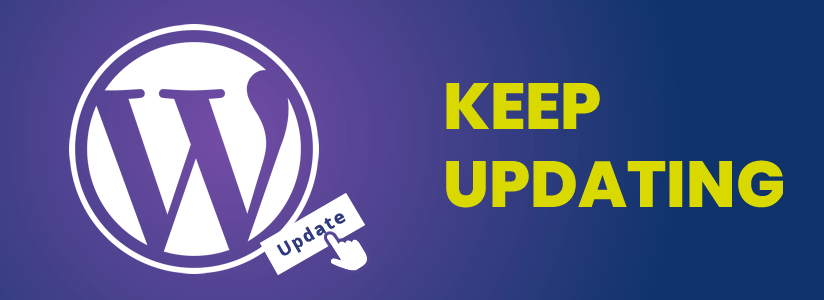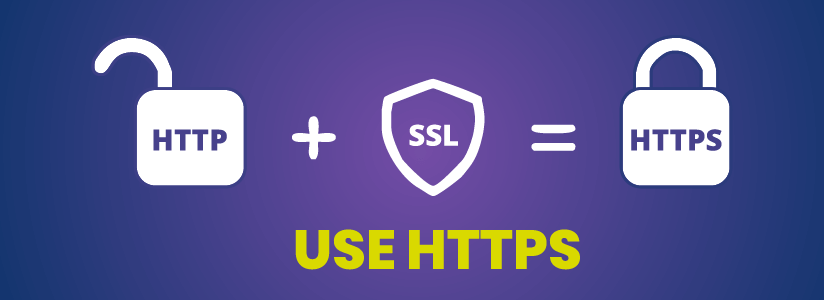7 Ways to improve your WordPress Website Security
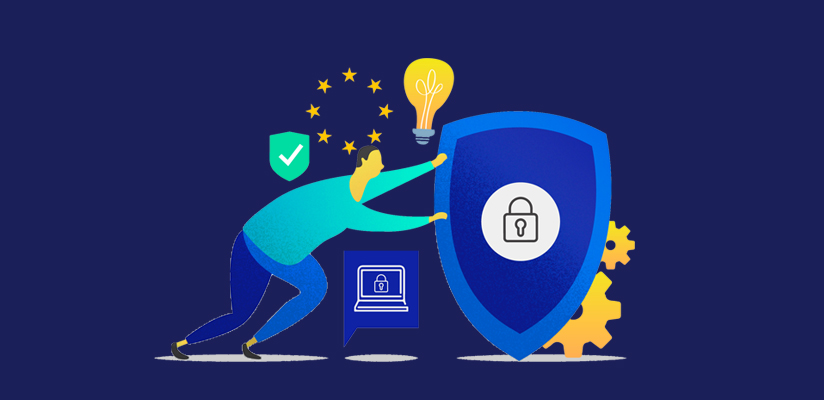
WordPress is the most popular and widely used CMS platform powers nearly one-third of all websites in the world. Some of the key WordPress strengths like flexibility, scalability, customisation and performance have only become better over time. WordPress with frequent updates and with the value additions of a lot of security plugins and robust community help is also a very secure CMS platform. But, when it comes to web security, there are still several scopes to improve it.
Considering the various issues faced by the vast majority of WordPress websites, here we are going to explain 7 key ways to improve WordPress security.
1. Keep updating your WordPress
The WordPress is one of the most frequently updated CMS platform with the WordPress development team always working hard to find and fix security flaws and vulnerabilities. Such fixes are offered to the users through several core version upgrades.
Small upgrades always keep coming apart from the major overhaul updates. Now awaited WordPress 5.0 is going to be a big upgrade. The user needs to manually opt for such big updates. If you are ignoring such updates thinking that they can undermine the site performance temporarily, you are actually creating security vulnerabilities for your website.
Apart from the regular WordPress upgrades you should also stay always updated with all your plugins. Many security experts say that non-updated plugins actually cause bigger security risk than non-updated WordPress versions.
It has been found that around 63% of security issues complained by WordPress websites stems from non-updated plugins in contrast 37% issues caused by missing files of the core WordPress version. Always use well-known plugins and themes from reputed developers that are updated frequently or at least after every WordPress upgrade.
2. Opt for a Reputed Host
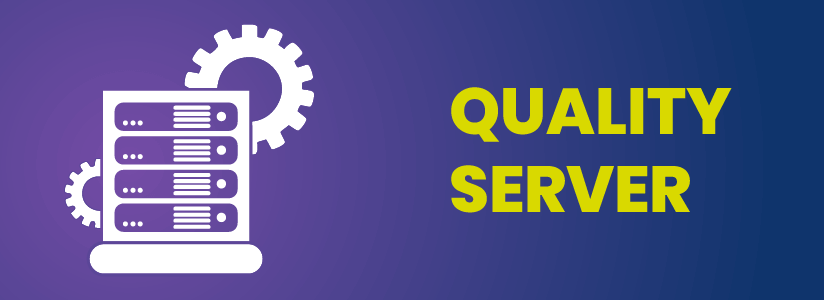
A hosting service actually makes your website alive and kicking. A quality hosting with a reputed provider cannot only ensure glitch-free performance but can also protect you from all sorts of security vulnerabilities. There are some time-tested considerations for choosing a quality host that we are going to mention below.
- Make sure that the hosting service provider serves a good number of reputed clients and they deliver important security features for every plan.
- Look for very precise security features like SSL/TLS certificates and DDoS protection. Apart from this always make sure you have further protection with a Web Application Firewall (WAF) for preventing serious threats.
- Almost every hosting service offers backup service but look for the ones who take care of the backup process.
- Go for hosting services who offer a 24/7 support so that you can always find help just over a phone call or chat communication.
- When choosing any hosting service provider always focus on what security features and performance attributes you are getting instead of the so-called value additions that are marketed by the host.
3. Switch Your Site to HTTPS
Security certificates offer a robust way to prevent vulnerabilities and issues. Through the SSL/TLS certificate you can turn your domain into a HyperText Transfer Protocol Secure (HTTPS) enabled one which is basically a more protected version of the HTTP. It doesn’t take much effort to turn your HTTP domain into a secure one through HTTPS, but such measures can protect your website from security breaches.
Basically HTTPS does the same thing but additionally, it encrypts the website data to prevent any unwanted access from other browsers. If your WordPress website handles mission-critical business information or customer data, an HTTPS domain is something you cannot go without. Now, most of the reputed hosting service providers offer HTTPS with or without any extra charge on the basis of the plan you have chosen.
4. Use 2-factor authentication and optimise passwords
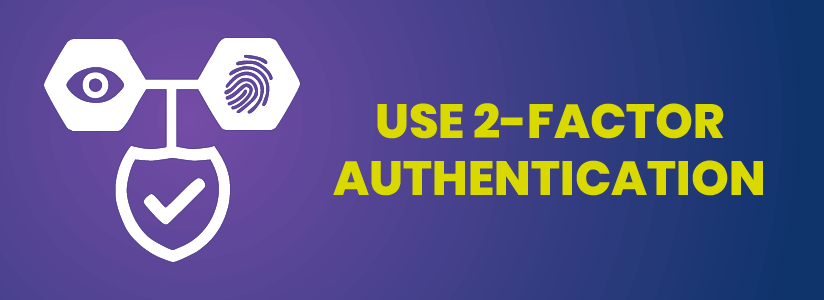
One of the crucial ways to optimise the security aspects of your website is to adapt 2-factor authentication and optimise the passwords to prevent unsolicited access. If your website deals with valuable customer data, two-factor authentication on the login page is a must. It is basically nothing but constituting the login details with two separate components that make it harder for the offenders to hack the login details. The combination can consist of a password with a security question or the password along with the option of verifying through a mobile secret code.
The second most important thing is to change your password once in a while to prevent any breaches of the login data. Always make your passwords stronger by using both lowercase and uppercase letters, signs and numbers. A strong password will always be made up of all these. Apart from this, it is always advisable to avoid using words, phrases and names within the passwords that can easily be guessed by your near and dear ones.
5. Enable a Web Application Firewall
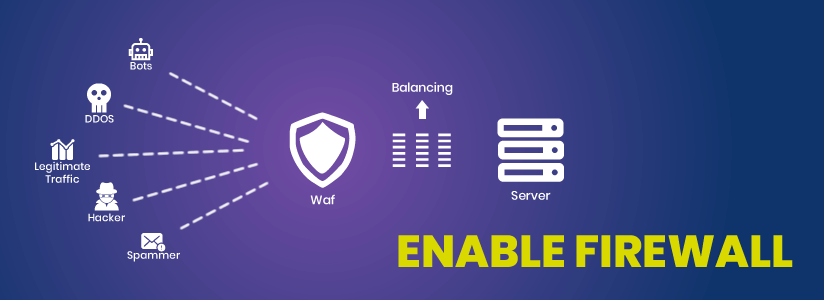
A firewall is what we already know as part of the network security configuration settings in the desktop and laptop operating system suites. Almost all computers have some sort of firewalls. Similar to such protective measures Web Application Firewall (WAF) is used to protect the website from malicious attacks and intrusions. A firewall application like this can protect a single website, a group of website or even a server.
It basically works as a lock gate or filter between your website and the worldwide web. It continuously monitors the website activities including the website traffic, any vulnerabilities, malware and all sorts of potential risks and unwanted events. If your hosting service doesn’t provide you with a WAF as part of the hosting package you can also go for the dedicated third-party tool. There are some quality options that allows you setting up Firewall quickly and monitors the website activities pretty efficiently.
6. Use a minimum number of plugins and update them often
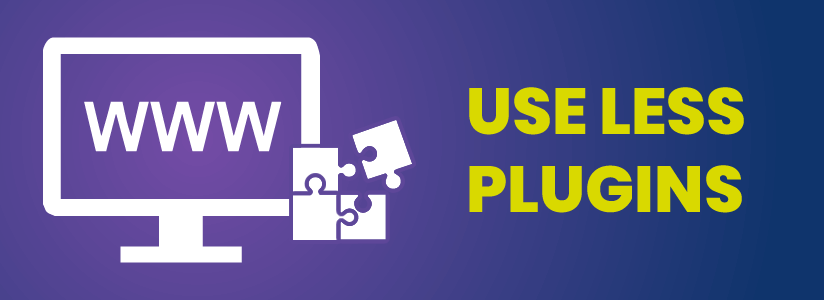
The biggest mistake committed by most WordPress websites is to use too many plugins to make the website feature-rich and technically efficient. But they often have no idea that too many plugins not only slows down the performance of the website but can also make the website suffer from security threats. Too many plugins can actually increase the risk of exposing your user data to third-party vendors.
This is why it is always advisable to use a small number of plugins that are absolutely essential and recommended by your host or the website builder and stick to them throughout. Always pick plugins from reputed developers or the ones that are already popular and widely acclaimed for their performance. Always choose plugins that are frequently updated and improved. Lastly, always update the plugins frequently to prevent any unwanted security risks.
7. A clutter free and clean design
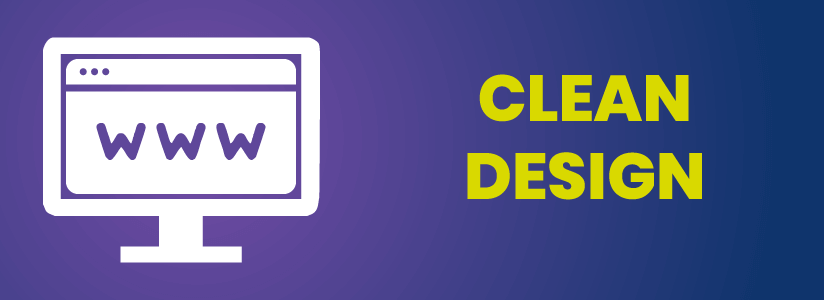
Many website owners do not have any idea that even design flaws have a serious implication on the security of a website. A website layout free of clutter, distraction and visual overload is not only great for user experience and faster loading speed but also for glitch-free security.
With a simple and clean design powered by minimalist principle, a WordPress website allows easier monitoring of the on-site activities and database interactions. As a whole this allows the security settings to work more efficiently than with the websites with heavier cognitive overload.
Conclusion
Finally, let us conclude that the security of a WordPress website is never completely free from the vulnerabilities and risks. Every WordPress website however strong security arrangements it is equipped with, always had enormous scope to improve.
Similar Posts
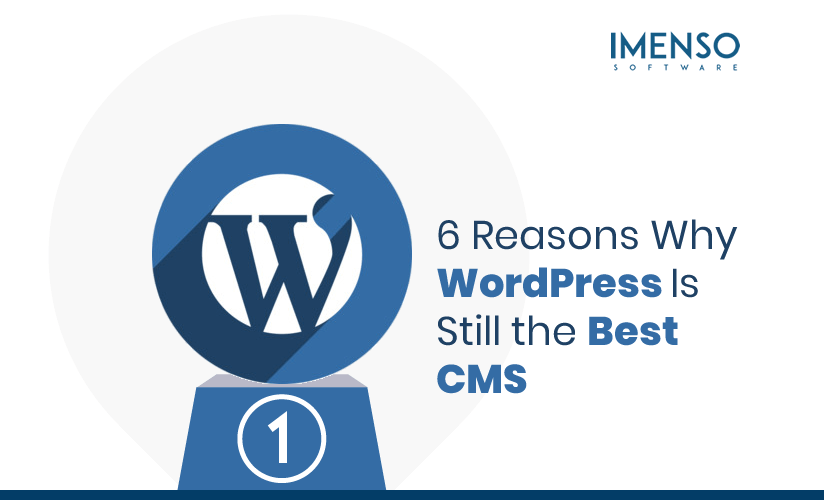
6 Reasons Why WordPress Is Still the Best CMS
Whenever someone thinks of creating a blog or open an eCommerce store, WordPress is the first choice for many. Why is it so? But first, let’s see how it all started. ...
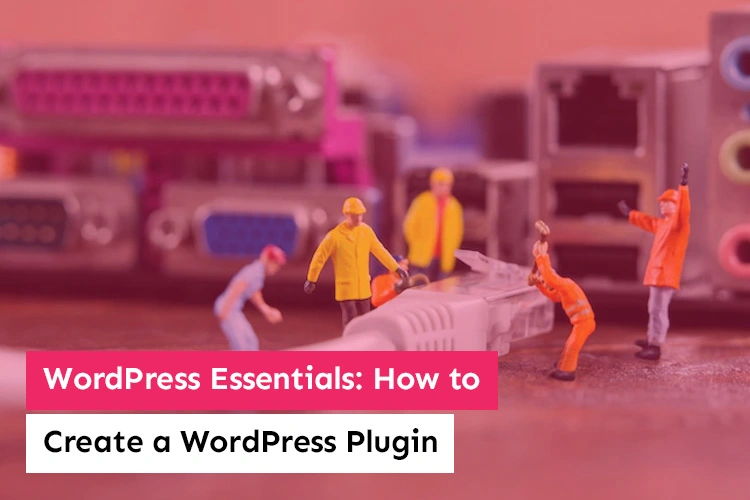
WordPress Essentials: How to Create a WordPress Plugin
The first step in developing your online presence is building a website. Your website serves as both the online headquarters for your business and the basis for many of your digital marketing initiatives....

8 Responsive Web Design Principles You Need to Know
In today’s fast-paced digital world, where our lives are intricately intertwined with technology, the way we experience the internet has undergone a profound transformation. Consider this: did you know that as of 2021, there are over 4.6 billion active internet users worldwide, and more than half of them access the web primarily through mobile devices? […]...
